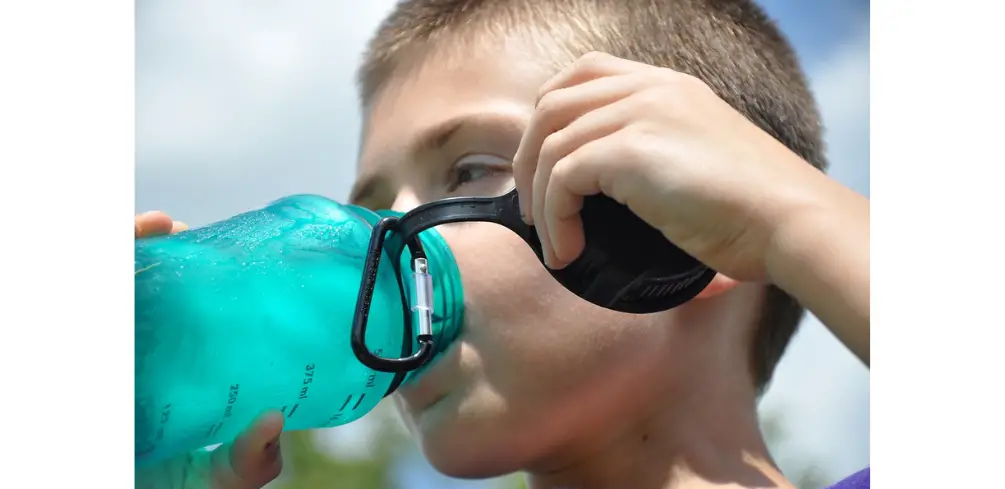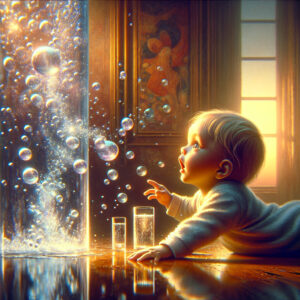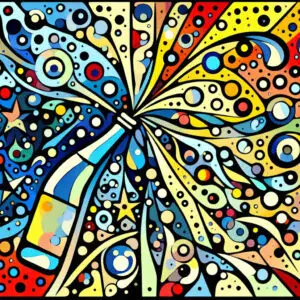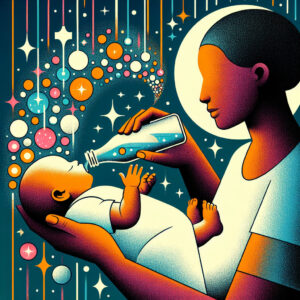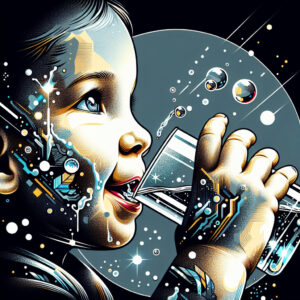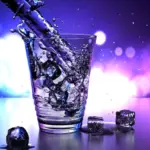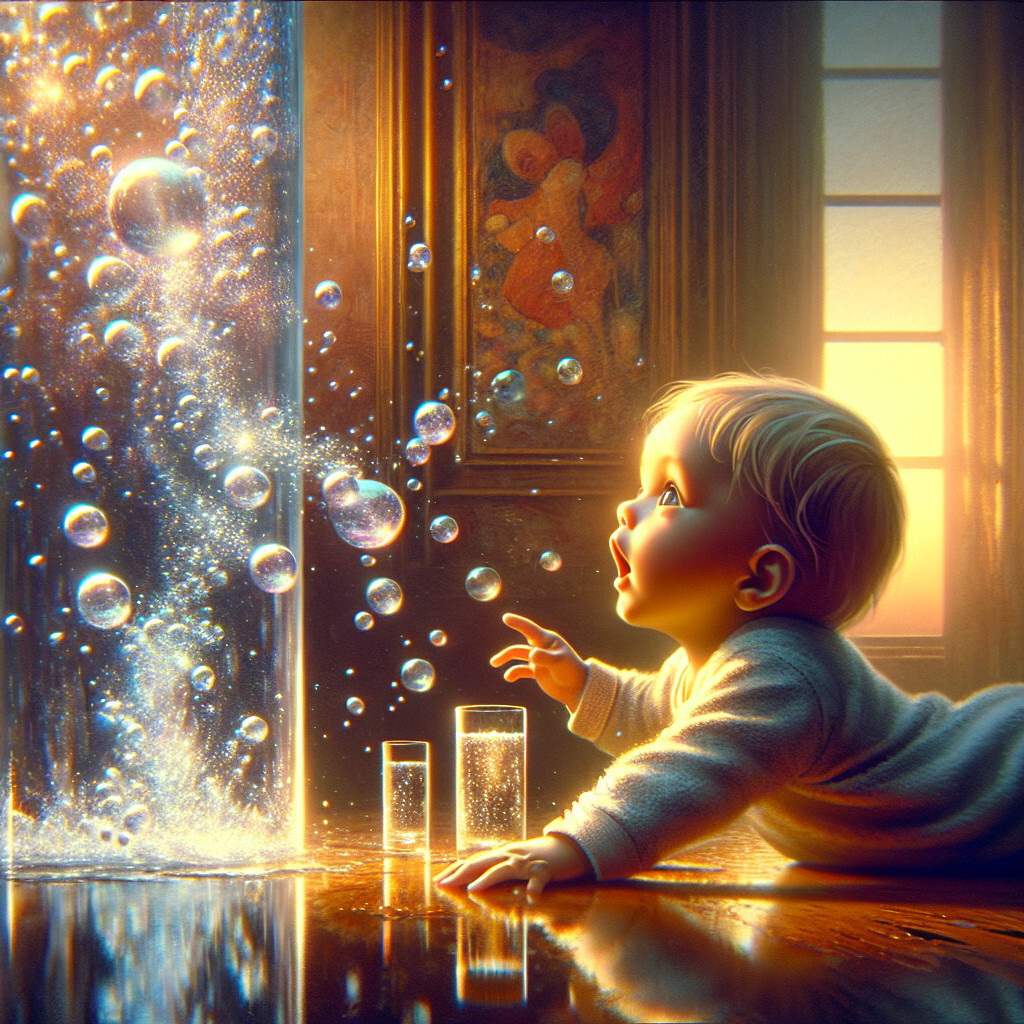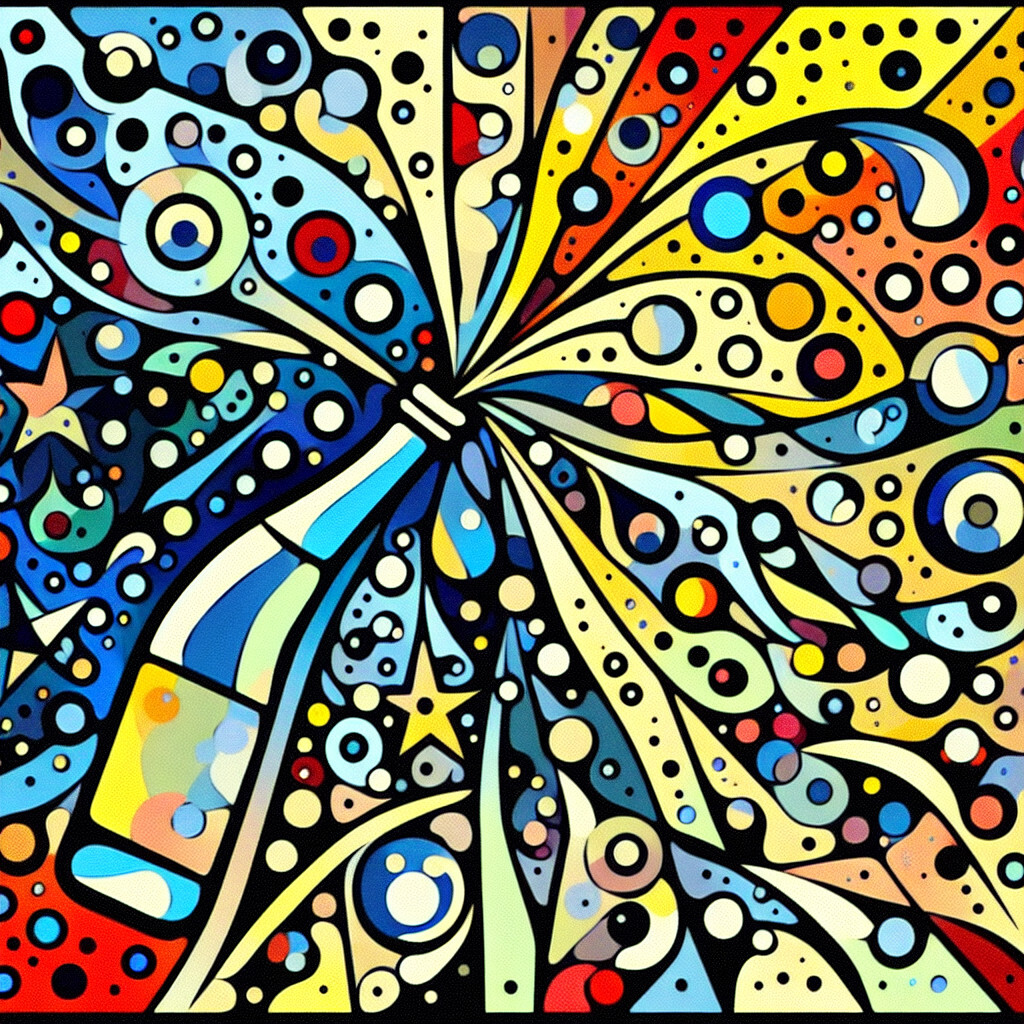Amazon Affiliate Disclaimer
As an affiliate, we earn from qualifying purchases. We get commissions for purchases made through links in this post.
Why Doesn’t Sparkling Water Quench Thirst?
Sparkling water, also known as carbonated water or seltzer water, is a popular beverage option that has gained popularity in recent years. It is often marketed as a healthier alternative to sugary soft drinks and is often consumed as a thirst quencher.
However, there is a common misconception that sparkling water can effectively quench thirst. This article will explore the science behind thirst quenching and why sparkling water may not be the best option for satisfying thirst.
The Science Behind Thirst Quenching
Thirst is a physiological response to dehydration, which occurs when the body loses more fluids than it takes in. To maintain proper hydration, it is important to replenish the fluids and electrolytes lost through sweating, urination, and other bodily processes.
Electrolytes, such as sodium, potassium, and chloride, are essential for proper hydration as they help to regulate fluid balance in the body. When the body is dehydrated, it will signal the brain to feel thirsty, and drinking fluids with electrolytes can help to rehydrate the body and alleviate thirst.
Possible Reasons Why Sparkling Water Doesn’t Quench Your Thirst
The Lack of Electrolytes in Sparkling Water
While sparkling water may seem like a hydrating option, it contains very low levels of electrolytes compared to tap water. A study found that sparkling water has less than 1% of the electrolyte levels found in tap water. Additionally, the carbonation in sparkling water can cause the stomach to produce more acid, leading to discomfort and the feeling of being full. This can make people feel more thirsty.
The Carbonation Factor
Carbonation is the addition of carbon dioxide gas to water, which creates bubbles and gives sparkling water its characteristic fizz. The carbonation in sparkling water can significantly impact the stomach and digestion. Carbonation can make drinking large amounts of sparkling water difficult, as it can cause bloating and discomfort in the stomach. This can cause the stomach to produce more acid, leading to discomfort, bloating, and feeling full. Because of this, people feel more thirsty and decrease their appetite, which can be counterproductive when trying to quench their thirst.
Additionally, the carbonation can also cause belching and flatulence, which can be uncomfortable and embarrassing. Because of these effects, consuming enough sparkling water to effectively quench thirst can be challenging. Furthermore, the carbonation in sparkling water can also make people feel full, decreasing their appetite and making them more thirsty. So, even though sparkling water may be refreshing, the carbonation can make it less effective at quenching thirst than still water.
Acidic pH Levels
Many sparkling water brands have a lower pH than regular tap water, making them more acidic. The pH of water is measured on a scale of 0 to 14, with 7 being neutral, lower numbers being more acidic and higher numbers being more alkaline. The pH of most sparkling waters ranges from 3 to 4, which is considered acidic. Drinking water with a low pH can be detrimental to your health.
An acidic pH can cause further dehydration because it can disrupt the body’s natural balance of fluids and electrolytes. When the body’s pH becomes too acidic, it will try to neutralize it by releasing alkaline minerals, such as calcium and magnesium, from the bones and tissues. This can lead to mineral deficiencies and can also make the body more susceptible to illnesses and diseases.
It’s worth mentioning that some sparkling water brands are less acidic than others, but it’s still important to be aware that sparkling water in general, has a lower pH than regular tap water. Therefore, it’s important to keep track of the pH of the sparkling water you are drinking and to make sure it’s not causing any negative effects on your health.
Alternatives to Sparkling Water for Thirst Quenching
Tap water with added electrolytes is a great alternative to sparkling water for quenching thirst. Electrolytes, such as sodium, potassium, and chloride, are essential for proper hydration as they help to regulate fluid balance in the body. Adding electrolytes to tap water can increase the hydration benefits and effectively quench thirst. Many companies now offer electrolyte-enhanced water, which can be found at most grocery stores.
Sports drinks and hydration supplements are also effective alternatives for replenishing electrolytes lost through sweating and exercise. These drinks are specifically formulated to provide the necessary hydration and electrolyte balance for active individuals. They are designed to quickly replenish fluids and electrolytes, which can help reduce fatigue and improve performance during exercise. However, it’s worth noting that many sports drinks contain added sugars and artificial ingredients, so it’s important to read the labels and choose a healthier option.
Infused water with fruits and herbs is another alternative to sparkling water that can be both refreshing and hydrating. You can make it at home by adding sliced fruits, herbs or even vegetables to a pitcher of water and letting it infuse for a few hours. This can add flavor and some vitamins to your water, making it more enjoyable to drink. Some popular fruit and herb combinations include lemon and mint, cucumber and lime, or strawberry and basil.
Overall, many alternatives to sparkling water can provide better hydration and effectively quench thirst. By choosing one of these options, you can ensure that you are properly hydrating your body and satisfying your thirst.
Conclusion
While sparkling water may be a refreshing option, it should not be relied on as a thirst quencher. The low levels of electrolytes and carbonation in sparkling water can actually dehydrate the body and make people feel more thirsty.
To effectively quench thirst, it is important to replenish fluids and electrolytes through proper hydration. Tap water with added electrolytes, sports drinks, and hydration supplements, or infused water with fruits and herbs are all better options for satisfying thirst. Drinking water before, during, and after exercise can help to prevent dehydration and keep your body hydrated. Keep track of how much water you drink daily to ensure you get enough fluids. Drink water at room temperature because cold water can cause stomach cramps, even if you’re thirsty.
Read also:
- baby on sparkling water
- baby loves sparkling water

- sparkling water in babies
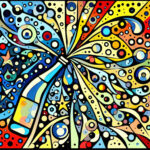
- giving baby sparkling water

- sparkling water for child
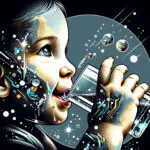
- does sparkling water affect breastfed baby

Please be careful and use at your own risk
None of the authors, contributors, administrators, or anyone else connected with Water Exotic, in any way whatsoever, can be responsible for your use of the information contained in or linked from these web pages.

